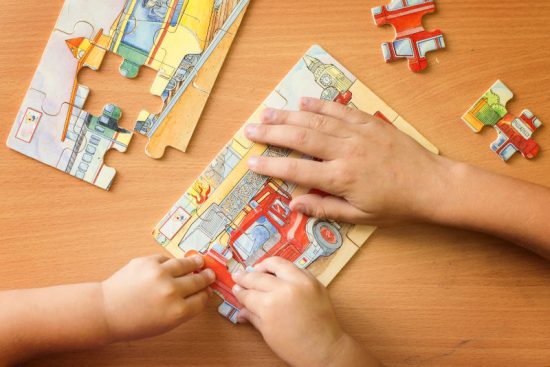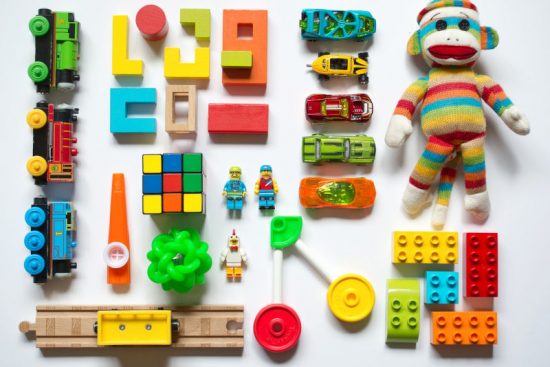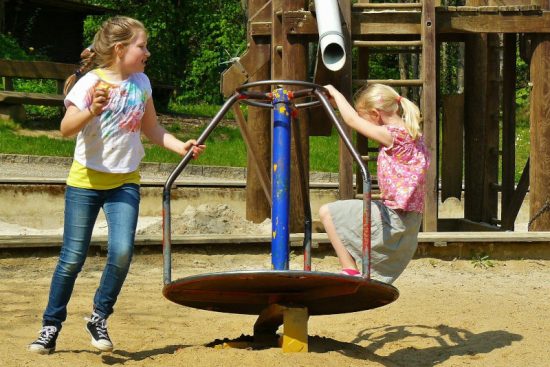It can be challenging to raise a child in the internet age. Grooming, adult content, internet addiction, self-image issues and cyber bullying are all threats. The internet can be as dangerous as the outside world.
While social media and the internet can be dangerous to children, getting rid of them isn’t realistic. Children need to be taught to go online safely, which is the reason for the following tips:
Make Sure Kids Wisely Choose Friends
Parents should get actively involved in the connections their children make online. Create or find safe environments where concerns about online safety can be talked about. Children could struggle to stay within boundaries if they don’t understand the situation’s gravity.
Explain to kids what online activities they should avoid, as well as why those activities should be avoided.
Children have to understand that online personas can be fake, and know not to converse with strangers via phone calls, video calls, chat apps or social media.
This is important because there are online threats such as grooming on Roblox.
Teach Kids the Following Risks
Kids might not know about all social media-related risks. These include internet posts possibly being permanent, the internet’s vast reach, fraud, and the collection of personal data.

Teach your children:
Not to Give Strangers Personal Information
Kids need to learn not to provide personal information except when absolutely necessary. Sending pictures or providing sensitive personal info is extremely risky. Most things online aren’t private. Most services and apps collect users’ data.
There Are Consequences to Online Actions
Your kids need to know that online actions have consequences. As an example, online bullying can be just as harmful to victims as real-life bullying.
There are also legal consequences to some online actions, and children need to know about age restrictions as well as the reasons for them.
Not Everything Online Is Real
Kids need to know that not everything online is real. Healthy criticism of sources might only develop with age. It’s important that your kids learn to doubt, though.
More importantly, kids should be taught that some people online aren’t who they claim to be.
Decide on Rules as Well as Consequences Together
Discuss your family values as well as how it’s expected that everyone in your family will behave online. Make it very clear what standards that all family members have to adhere to.
Make sure your kids are involved in deciding the rules that are acceptable. Where in the house should there be screen-free zones? What time limits regarding screen time make sense for your kids?
Involve your children in conversations about the consequences of breaking rules. This way, everyone agrees to rules, values and consequences.
Know What Social Media Services and Apps Your Children Use
It’s vital that you know what apps and social media platforms your kids use. You can understand their benefits and dangers better when you know them, and you can understand the world your kids live in better.

A lot of apps exist for children that most adults don’t know about. Ask your kid to teach you about the apps they use. You’ll do something together and learn about how the apps work by doing so.
It can be very helpful to learn about apps via YouTube.




